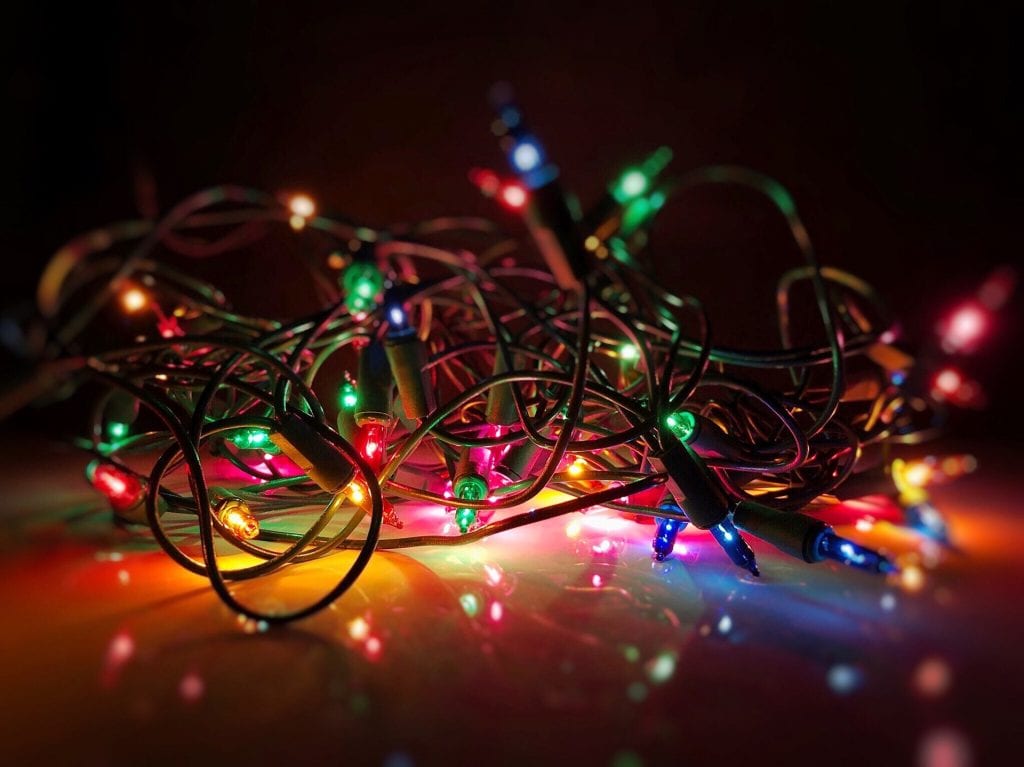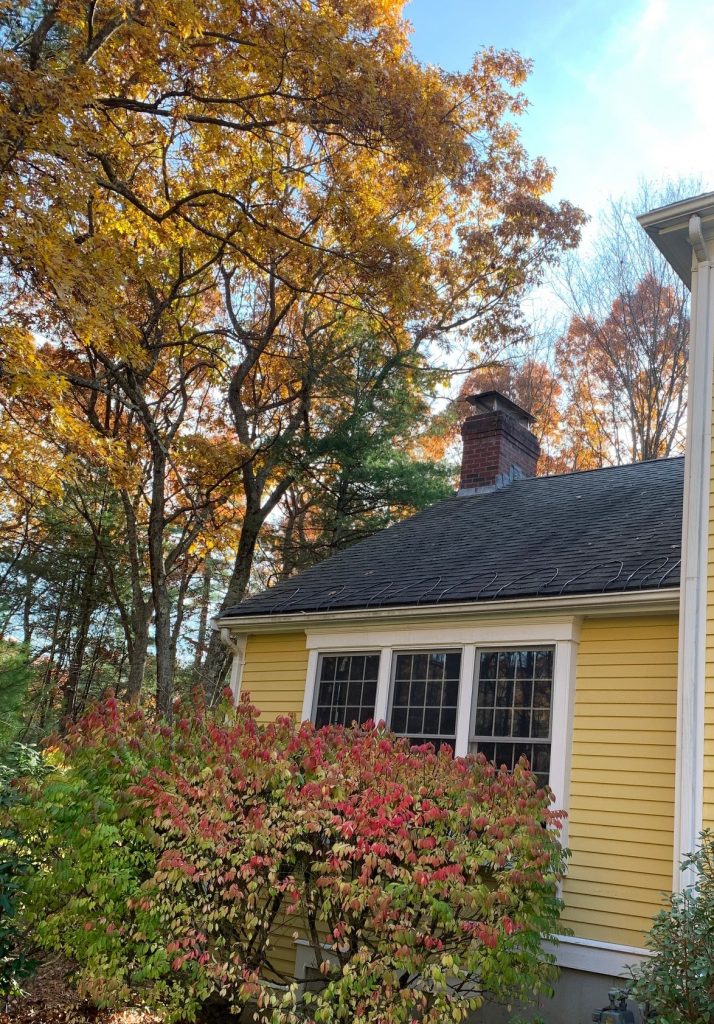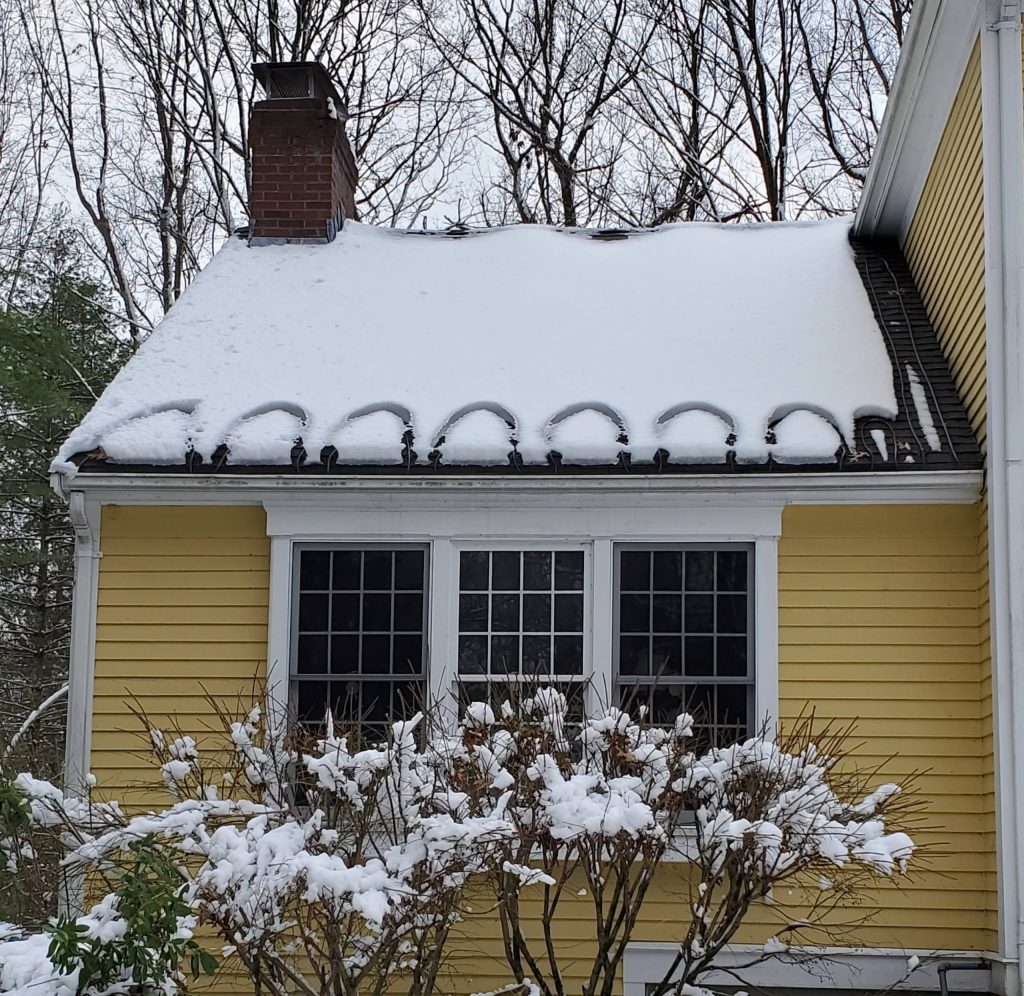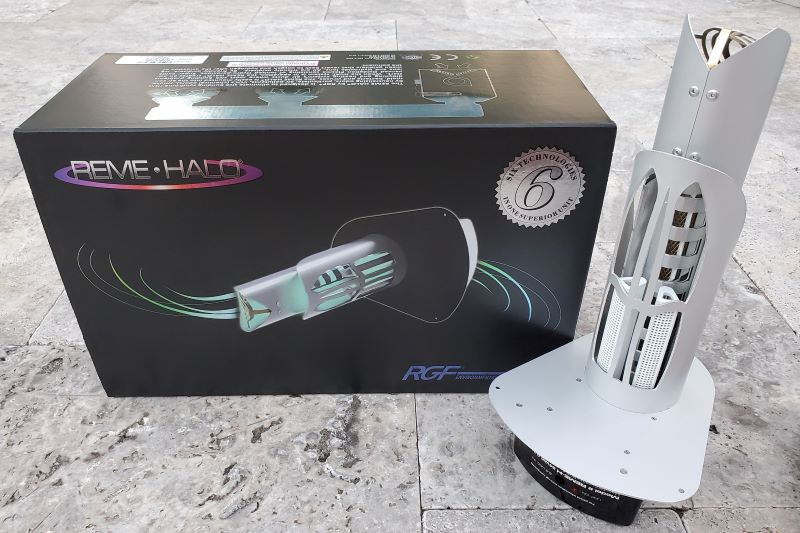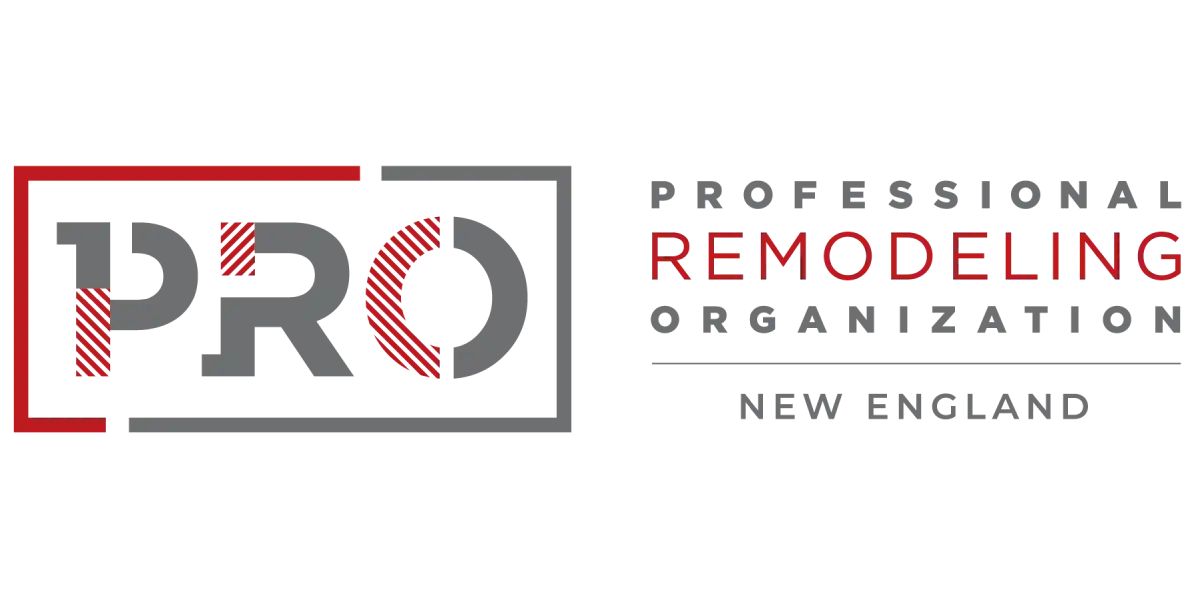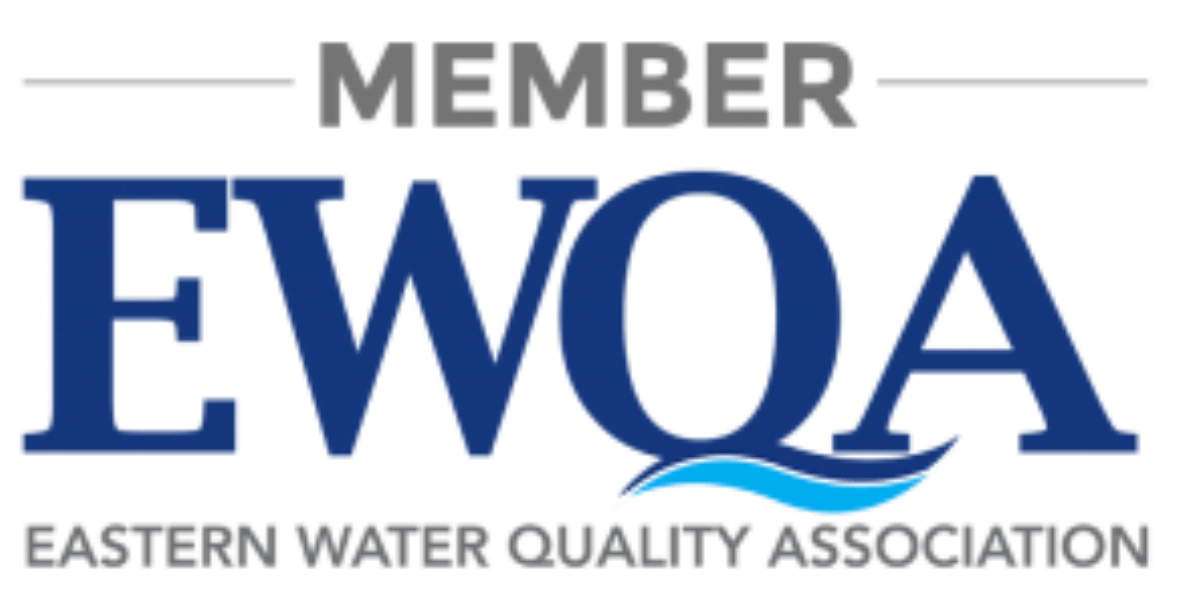Winter tips to keep your home warm and dry
Getting ready for winter in New England can be time-consuming but well worth the effort. Many electrical, plumbing and heating problems can be prevented just by turning off a few faucets, removing some snow, and inspecting your home for any possible issues during the upcoming winter months.
Electrical Problems
Preventing electrical problems during the winter months is essential. Not only because you need heat, but damage to your electrical system can be a fire hazard. Inspecting the outside of your home for damaged wires vulnerable to snow and ice can prevent electrical problems. Be sure to remove any bird nests near electrical fixtures, as they could cause a fire. Make sure all holiday decorations have tight-fitting connections (three-prong outlets are your best option). All electrical cords should be away from walkways and never underneath a carpet or rug due to a fire hazard.
In the event, your electricity does go out. A standby generator can provide backup power for medical equipment, space heaters, sump pumps, lights and prevent loss of food by powering your refrigerators and freezers. You can use this tool offered by Generac to decide how large a generator you need to accommodate your needs. https://www.generac.com/portable-sizer
Excess Snowfall
In New England, our storms bring heavy, wet snow that can put pressure on a home or building’s roof. Keep an eye on flat or low-pitched roofs; you may need to use a snow rake to remove snow accumulation.
Watch for signs of snow buildup, which may include sagging, ceiling leaks in your upper floor, cracks in interior drywall or masonry, and creaking or popping sounds coming from the roof. The sooner you can remove the snow after a major storm, the better chance of avoiding severe damage.
Icy Gutters
To help prevent water and ice buildup, be sure to clean your gutters after the leaves have fallen. You can typically spot clogged gutters by large icicles hanging from them or accumulating ice on the roof.
Many homeowners turn to heating cables or roof ice tape to alleviate ice formation and retention on roofs. By installing these heating cables, you can prevent damage to your roof and home by stopping ice dams from forming. We installed heating cables on this colonial home in Hopkinton. The homeowner had frequent problems with ice dams and ice forming on their roof due to the lack of sun at their location.
Prepare Your Pipes for the Cold
Turning off the water supply to your outside faucets (even the frost-free type) is an excellent way to prevent pipes from bursting.
Confirm your irrigation system has been winterized and turned off.
Unheated pool houses and other similar structures need to be winterized also to avoid the piping and the structure from being damaged.
Ensure Proper Ventilation
Exhaust fans and filters in bathrooms and kitchens should be cleaned all year long, but it’s essential in the winter months because we spend more time indoors. Being indoors with the windows and doors shut creates more airborne particles from home cooking and more condensation from hot showers, all of which can cause indoor air quality issues in the absence of adequate ventilation and can even become a fire hazard. It is also essential to monitor your dryer’s filter, replace your furnace filter and other filters in your home. Furnace filters should be replaced once a month as this allows the HVAC system to operate efficiently and keep your home warm even when it is cold outside.
Fight Back Against Germs and Viruses
Another side effect of families spending more time together indoors is that germs and viruses can be shared more easily. So, while hand-washing is a good practice year-round, it’s crucial during the winter cold and flu season.
Keep your bathrooms stocked with antibacterial hand soap and encourage all family members to wash after using the bathroom and before cooking, eating, or playing. It’s also a good idea to keep hand sanitizer accessible around the home and use it often if anyone is sick or if there are very young or older adults in the household.
One way to improve the air quality in your home is to install a whole-home in-duct air purifier in your home. These purifiers can not only reduce the airborne and surface bacteria, viruses, and musty room odors. The filtration also helps allergy symptoms by reducing pollen, mold spores, and dust.
Preparing for the winter months in New England is key to keeping your house warm, your water running, and your home virus free.


